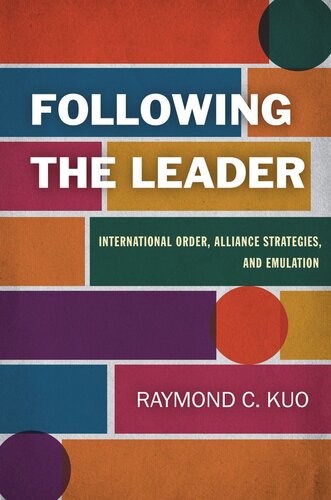

Most ebook files are in PDF format, so you can easily read them using various software such as Foxit Reader or directly on the Google Chrome browser.
Some ebook files are released by publishers in other formats such as .awz, .mobi, .epub, .fb2, etc. You may need to install specific software to read these formats on mobile/PC, such as Calibre.
Please read the tutorial at this link: https://ebookbell.com/faq
We offer FREE conversion to the popular formats you request; however, this may take some time. Therefore, right after payment, please email us, and we will try to provide the service as quickly as possible.
For some exceptional file formats or broken links (if any), please refrain from opening any disputes. Instead, email us first, and we will try to assist within a maximum of 6 hours.
EbookBell Team

4.1
30 reviewsNations have powerful reasons to get their military alliances right. When security pacts go well, they underpin regional and global order; when they fail, they spread wars across continents as states are dragged into conflict. We would, therefore, expect states to carefully tailor their military partnerships to specific conditions. This expectation, Raymond C. Kuo argues, is wrong.
Following the Leader argues that most countries ignore their individual security interests in military pacts, instead converging on a single, dominant alliance strategy. The book introduces a new social theory of strategic diffusion and emulation, using case studies and advanced statistical analysis of alliances from 1815 to 2003. In the wake of each major war that shatters the international system, a new hegemon creates a core military partnership to target its greatest enemy. Secondary and peripheral countries rush to emulate this alliance, illustrating their credibility and prestige by mimicking the dominant form.
Be it the NATO model that seems so commonsense today, or the realpolitik that reigned in Europe of the late nineteenth century, a lone alliance strategy has defined broad swaths of diplomatic history. It is not states' own security interests driving this phenomenon, Kuo shows, but their jockeying for status in a world periodically remade by great powers.